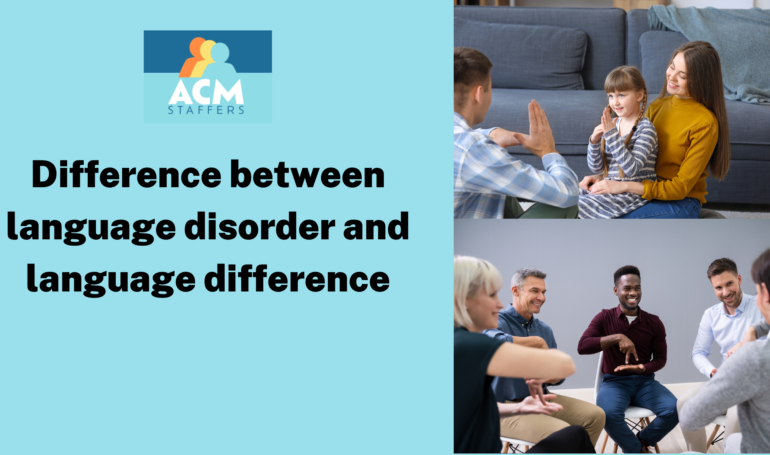
Language Disorder vs. Language Difference: Understanding the Distinction
When it comes to language, it is crucial to grasp the distinction between language disorder and language difference. This is because these two terms hold significant weight in understanding the unique challenges faced by individuals with communication variances.
In this blog post, we’ll delve into the depths of language disorder vs. language difference, emphasizing the importance of discerning between the two for fostering inclusivity and promoting understanding.
Defining Language Disorder
Language disorder, often referred to as language impairment or language delay, is a condition in which individuals encounter difficulties in acquiring and utilizing language. Language disorder encompasses developmental challenges, primarily observed in children, that hinder their speech articulation, grammar usage, vocabulary comprehension, and overall linguistic proficiency. These hurdles can impede effective communication and social interaction, impacting various facets of their lives.
Recognizing Language Differences
Language difference, in contrast, pertains to variations in language usage and expression resulting from cultural, regional, or ethnic diversity. It encompasses the diverse linguistic patterns, accents, dialects, and vocabulary choices found within different communities. Language difference encapsulates the richness of human communication and should be embraced as an integral part of cultural identity. However, it is crucial to avoid misconstruing these variations as language disorders, as such misunderstandings can lead to unfair judgments and discrimination.
The Importance of Differentiating
Understanding the distinction between language disorder and language difference is paramount to ensuring appropriate support and inclusion for individuals with diverse linguistic backgrounds. Mistaking language differences for disorders perpetuates stereotypes and biases, hindering the development of healthy language practices and cultural acceptance. Conversely, failing to recognize genuine language disorders may impede individuals from accessing the necessary interventions and resources to improve their language skills.
Promoting Awareness and Sensitivity
Raising awareness and fostering sensitivity towards language disorder vs. language difference is an essential step towards creating inclusive communities. Educational institutions, healthcare providers, and policymakers should receive comprehensive training to accurately identify language disorders, enabling early intervention and tailored support for affected individuals. Additionally, cultivating a culture of respect and appreciation for linguistic diversity minimizes misunderstandings and promotes inclusive communication practices.
Distinguishing between language disorder and language difference is crucial for nurturing understanding and respect. By comprehending the characteristics and challenges associated with language disorders, we can provide the necessary support for individuals facing such difficulties. Simultaneously, acknowledging and celebrating language differences within communities contributes to a more inclusive and diverse society. Embracing these differences fosters meaningful connections, encourages cultural appreciation, and cultivates environments where everyone’s linguistic abilities and identities are valued. In our journey towards inclusivity, let us recognize the significance of language disorder vs. language difference and strive to create a world that embraces diversity in all its linguistic forms.
How ACM Staffers Can Help
ACM Staffers is America’s leading therapy staffing agency in Massachusetts, revolutionizing the way therapeutic staffing supports organizations and focusing on staffing the best multilingual speech therapists, physical therapists, occupational therapists, and psychologists who are ready to work.
We specialize in partnering with schools and universities to provide effective therapies to individuals with disabilities and maintain federal and state compliance with legal mandates, priding ourselves on training, supporting, and empowering a cohesive and interdisciplinary team to elevate how schools maintain compliance.
For more information or inquiries, email or visit us at 464 Granite Ave., Milton, MA 02186.
